Take an eating disorder screening.
Consider these questions:
- Do you typically calculate numbers of fat grams and calories in what you eat?
- Do you weigh yourself often and find yourself obsessed with the number on the scale?
- Do you exercise to burn off calories and not for health and enjoyment?
- Do you ever feel out of control when you are eating?
- Do your eating patterns include extreme dieting, preferences for certain foods, withdrawn or ritualized behavior at mealtime or secretive bingeing?
- Has weight loss, dieting, and/or control of food become one of your major concerns?
- Do you feel ashamed, disgusted or guilty after eating?
- Do you constantly worry about the weight, shape or size of your body?
- Do you feel like your identity and value is based on how you look or how much you weigh?
If you answered “yes” to any of these questions, you could be dealing with disordered eating. These attitudes and behaviors can take a toll on your mental, emotional and physical health. It is important that you start to talk about your eating habits and concerns now. Don’t wait until your situation gets more serious than you can handle. Consider making an appointment with a physician or nutritionist who specializes in eating disorders. You can request this when you call for an appointment with a Campus Health provider at 919-966-2281 or add in a note about it when requesting an appointment through our Healthy Heels Portal.
Are you worried that a friend or family member has an eating disorder?
If you are worried about your friend’s eating behaviors or attitudes, talk about your concerns with him or her in a loving and supportive way. Discuss your worries early on, and don’t wait until your friend has already experienced the serious damaging effects of disordered eating.
- Set a time to talk. Set aside a time for a private, respectful meeting with your friend to discuss your concerns openly and honestly in a caring, supportive way. Make sure you will be some place away from other distractions.
- Communicate your concerns. Share your memories of specific times when you felt concerned about your friend’s eating or exercise behaviors. Explain that you think these things may indicate that there could be a problem that needs professional attention.
- Ask your friend to explore these concerns with a counselor, doctor, nutritionist, or other health professional who is knowledgeable about eating issues. If you feel comfortable doing so, offer to help your friend make an appointment or accompany your friend on their first visit.
- Avoid conflicts or a battle of the wills with your friend. If your friend refuses to acknowledge that there is a problem, or any reason for you to be concerned, restate your feelings and the reasons for them and leave yourself open and available as a supportive listener.
- Avoid placing shame, blame, or guilt on your friend regarding their actions or attitudes. Do not use accusatory “you” statements like, “You just need to eat.” Or, “You are acting irresponsibly.” Instead, use “I” statements. For example: “I’m concerned about you because you refuse to eat breakfast or lunch.” Or, “It makes me afraid to hear you vomiting.”
- Avoid giving simple solutions. For example, “If you’d just stop, then everything would be fine!”
- Express your continued support. Remind your friend that you care and want your friend to be healthy and happy.
If you are still concerned about your friend or family member, find a trusted adult or medical professional to talk to. This is undoubtedly a challenging time for both of you. It could be helpful for you and your friend to discuss your concerns and seek assistance and support. The Heels Care Network showcases eating disorder resources as well as a wide range opportunities for peer and professional support.
